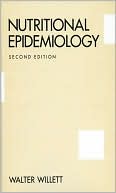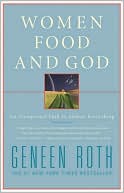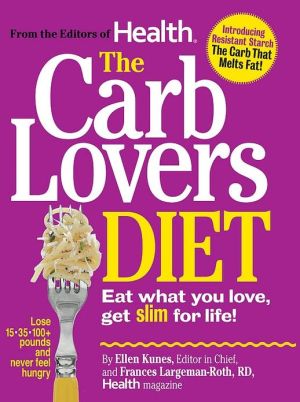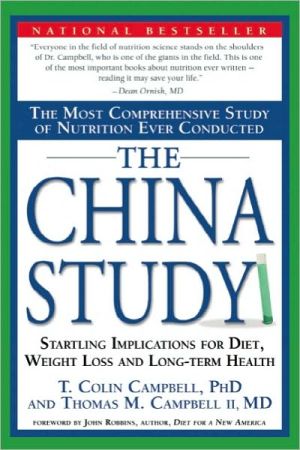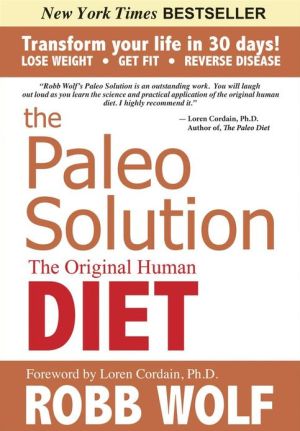Nutritional Epidemiology, Vol. 30
Search in google:
This book discusses the complex relationships between diet and major diseases of western civilization, such as cancer and atherosclerosis. It begins with an overview of research strategies in nutritional epidemiology, a relatively new discipline that combines the body of detailed knowledge gained by nutritionists in this century with methodologic approaches developed by epidemiologists to study determinants of diseases with multiple etiologies and long latent periods. Learning about the effects of diet begins with its measurement, thus a major part of the book is devoted to methods of dietary assessment using data on food intake, biochemical indicators of diet, and measures of body size and composition. The reproducibility and validity of evidence from each approach and the implications of measurement error are considered in detail. The analysis, presentation, and interpretation of data from epidemiologic studies of diet and disease are discussed; particular attention is given to the influence of total energy intake on the findings of these studies. Comprehensive and in-depth, this is an indispensable text for epidemiologists, nutritionists, and their students. Diane S. Lauderdale This is the second edition of what has become the standard text in nutritional epidemiology, an area of intense research activity and public interest. The aim is to provide the reader with the conceptual and methodologic grounding essential for conducting studies of diet and disease. The complexity of carrying out population-based studies of nutrition makes bringing practical and theoretical issues together in one volume invaluable. This book is intended to be an introduction to the field and a resource for investigators, as well as an aid to those interpreting the published literature. Striking a balance between the basic concepts a student needs and the analytic cutting edge which the more experienced investigator would like is difficult. This book functions primarily as a solid introduction for students or researchers who are already familiar with basic epidemiologic and statistical methods but who are relatively new to nutritional assessment and its particular analytic challenges. Some of the more complex recent methods are mentioned and references are provided. The first half incudes a description and evaluation of data collection methods for carrying out dietary assessment, including biochemical indicators. The next section covers analytic issues, while the final chapters present literature reviews of four much-studied associations (e.g. vitamin A and lung cancer; folic acid and neural tube defects) and directions for future research. The author is an expert in this field and both the chapters he has written as well as those contributed by others are uniformly well-organized and written with notable clarity. Much of the material in this edition is carried over from the firstedition, but there are three new chapters. References have generally been updated, but the classics of this relatively young field are included as well.
1Overview of Nutritional Epidemiology12Foods and Nutrients183Nature of Variation in Diet33424-Hour Dietary Recall and Food Record Methods505Food Frequency Methods746Reproducibility and Validity of Food-Frequency Questionnaires1017Recall of Remote Diet1488Surrogate Sources of Dietary Information1579Biochemical Indicators of Dietary Intake17410Anthropometric Measures and Body Composition24411Implications of Total Energy Intake for Epidemiologic Analysis27312Correction for the Effects of Measurement Error30213Issues in Analysis and Presentation of Dietary Data32114Nutrition Monitoring and Surveillance34715Vitamin A and Lung Cancer35716Dietary Fat and Breast Cancer37717Diet and Coronary Heart Disease41418Folic Acid and Neural Tube Defects46719Future Research Directions484Index497
